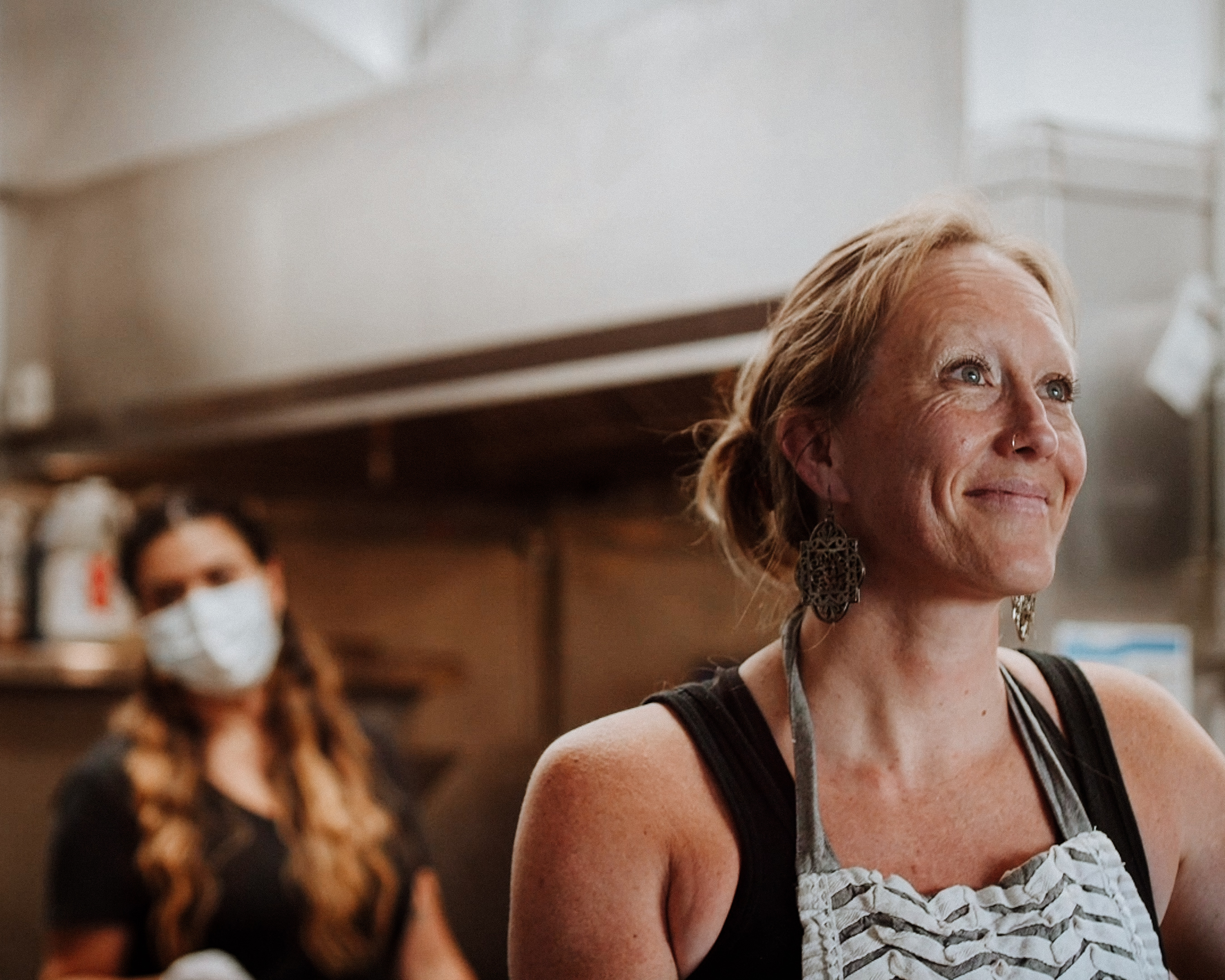Back to the Basics: Canning and Food Preservation$67 $37 -45% Save $30
Course Overview:
This 5-part course is designed to help you reclaim the timeless wisdom of food preservation, build confidence with canning, and nourish your family with intentional, vibrant, and homemade foods. Drawing directly from our cookbook, Back to Basics: Canning and Food Preservation, we’ll walk step-by-step through setting up your kitchen, mastering the art and science of canning, and embracing a more self-sufficient, sustainable way of living.
This 5-part course is designed to help you reclaim the timeless wisdom of food preservation, build confidence with canning, and nourish your family with intentional, vibrant, and homemade foods. Drawing directly from our cookbook, Back to Basics: Canning and Food Preservation, we’ll walk step-by-step through setting up your kitchen, mastering the art and science of canning, and embracing a more self-sufficient, sustainable way of living.
✨ Part 1: Reclaiming the Heart of Your Kitchen
Module Title: Creating a Functional, Intentional Kitchen for Preservation
Key Lessons:
- Why your kitchen flow matters: Clearing the clutter, making room for nourishment.
- Essential tools for beginners (and what you can skip).
- Building your traditional pantry: Staples for real food and real security.
- How to set up preservation zones: Your fermentation corner, canning area, and prep space.
- Printable: Kitchen Audit + Starter Pantry Checklist.
Outcome:
Students will organize their kitchen into an inviting, functional space that supports traditional food preparation and slow living practices.
Students will organize their kitchen into an inviting, functional space that supports traditional food preparation and slow living practices.
✨ Part 2: The Foundations of Food Preservation
Module Title: Understanding the Art and Science of Canning
Key Lessons:
- Why canning matters now more than ever (resilience, sovereignty, security).
- The history and sacredness of preserving food.
- Mastering the science of food preservation:
- Microorganisms, enzymes, acidity, heat, oxygen.
- Water bath vs pressure canning (and how to know which to use).
- Altitude adjustments, timing, temperature tips for perfect preservation.
- Safety first: How to prevent spoilage and ensure every jar is safe to eat.
Outcome:
Students will deeply understand the "why" behind every preservation method, empowering them to can with safety and confidence.
Students will deeply understand the "why" behind every preservation method, empowering them to can with safety and confidence.
✨ Part 3: Water Bath Canning – Your First Step
Module Title: Mastering Water Bath Canning: Fruits, Jams, Pickles, and More
Key Lessons:
- Step-by-step guide to water bath canning.
- What foods are safe for water bath canning (high-acid foods).
- Practice recipes:
- Simple Strawberry Jam (for beginners)
- Classic Pickled Vegetables
- Summer Tomato Sauce
- Troubleshooting common mistakes (liquid siphoning, floating fruit, seal failures).
Outcome:
Students will complete their first batch of preserves using water bath canning and feel the deep satisfaction of a successful seal.
Students will complete their first batch of preserves using water bath canning and feel the deep satisfaction of a successful seal.
✨ Part 4: Pressure Canning – Expanding Your Pantry
Module Title: Confidently Pressure Can Vegetables, Meats, Soups, and Broths
Key Lessons:
- Demystifying pressure canning: myths vs. facts.
- Why low-acid foods MUST be pressure canned.
- Equipment overview: weighted gauge vs dial gauge canners.
- Practice recipes:
- Canned Green Beans (starter project)
- Nourishing Bone Broth
- Hearty Vegetable Soup (dairy-free base)
- Safety, venting, PSI management, altitude adjustments.
- Tips for building a meal-ready pantry.
Outcome:
Students will confidently use a pressure canner to preserve nutrient-dense foods for year-round security.
Students will confidently use a pressure canner to preserve nutrient-dense foods for year-round security.
✨ Part 5: Beyond the Jar – Building Your Seasonal Preservation Rhythm
Module Title: Living the Slow Food Way: Seasonal Canning & Kitchen Sovereignty
Key Lessons:
- Planning your year of preservation based on seasonal abundance.
- Freezing, fermenting, dehydrating – complementing your canning.
- How to use everything: Reducing food waste (scraps into stocks, dehydrated skins into powders).
- Building community: Canning swaps, preservation parties, sharing abundance.
- Realistic maintenance: How to store, label, rotate, and honor your preserved foods.
Bonus Materials:
- Seasonal Canning Calendar (Printable)
- Batch Cooking & Canning Planner Sheet
- Wylder Space Inspiration Journal: Reflections for a Slow, Nourished Life.
Outcome:
Students will leave empowered to integrate food preservation into their everyday lives, honoring both ancient wisdom and modern sustainability.
Students will leave empowered to integrate food preservation into their everyday lives, honoring both ancient wisdom and modern sustainability.

